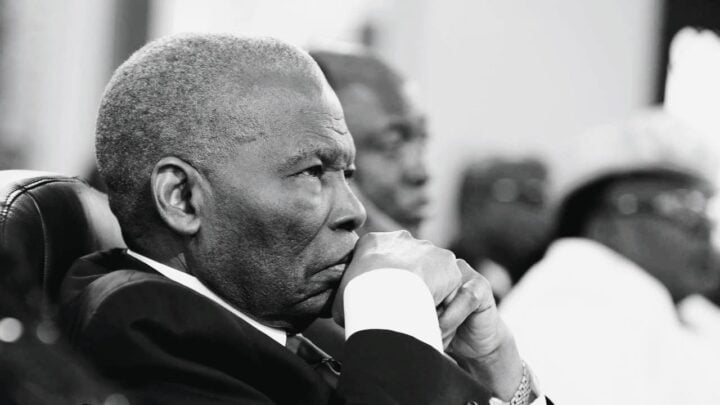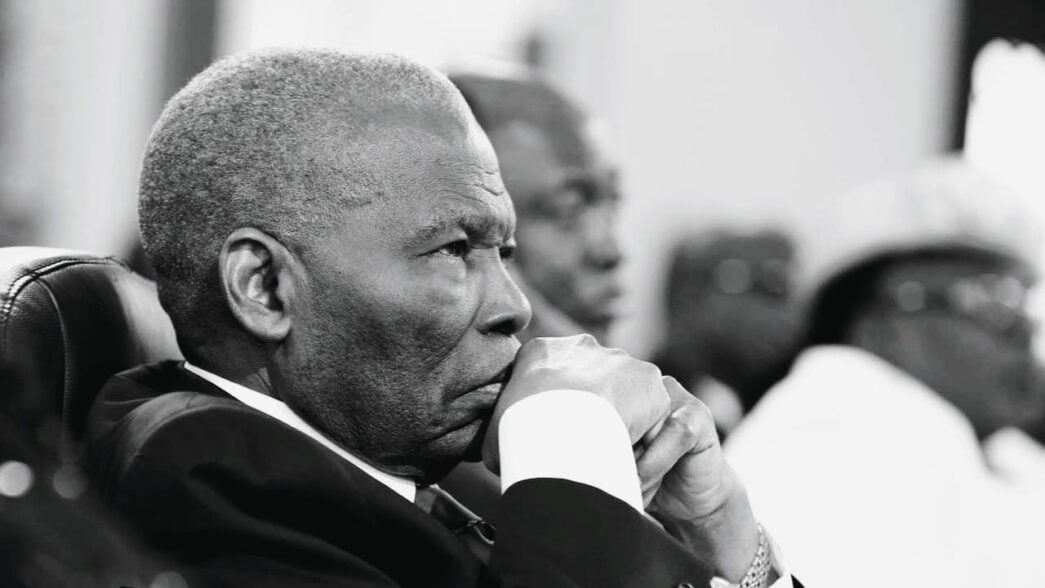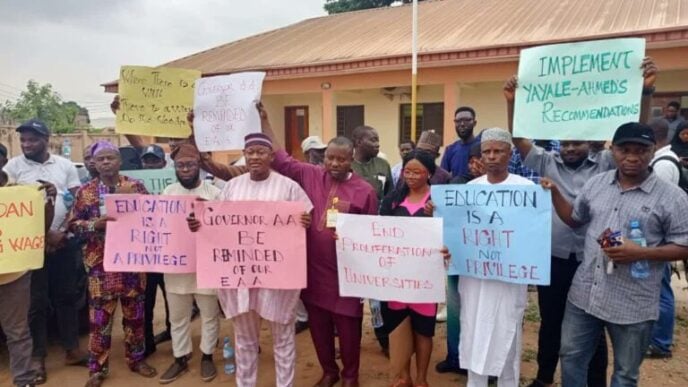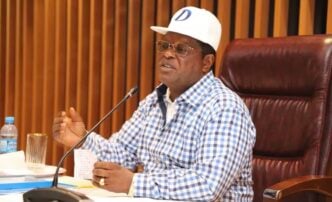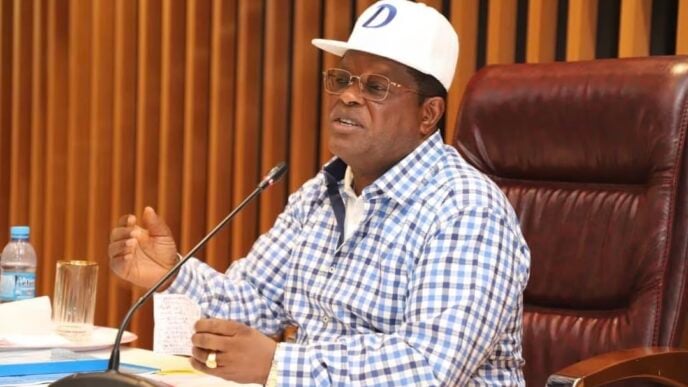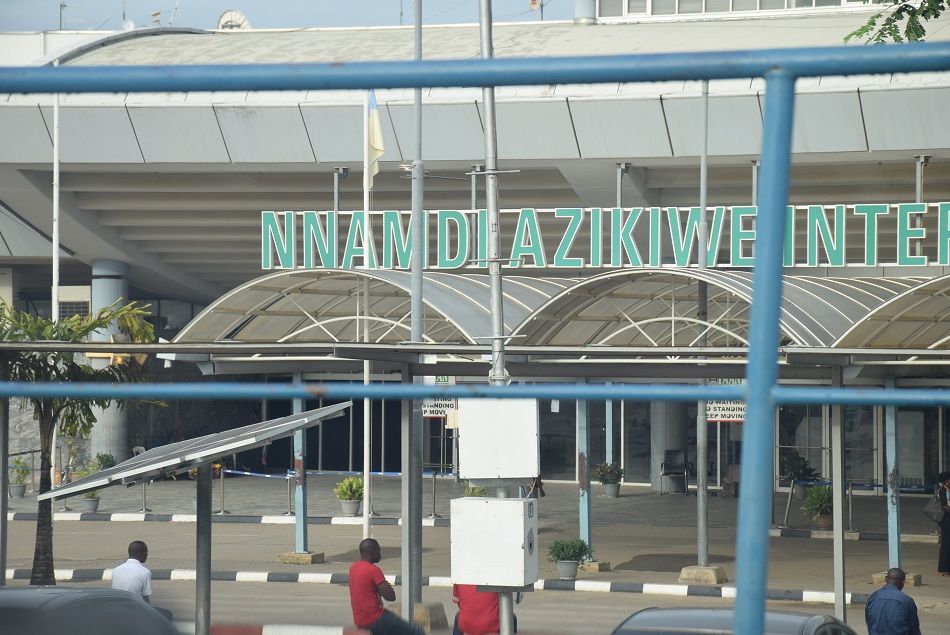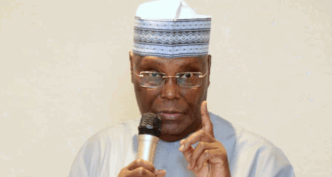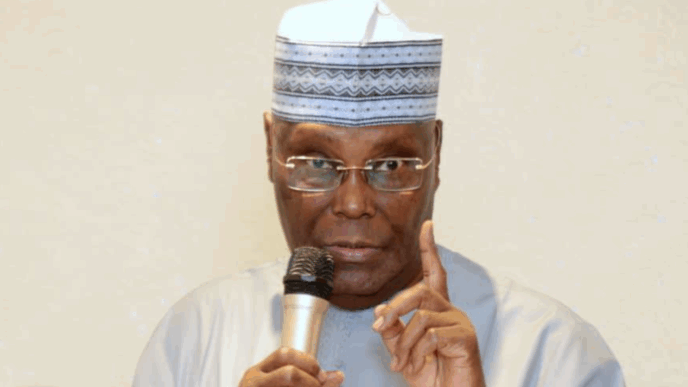Christopher Kolade had just one ambition – to become an education officer. And he did, at the remarkably young age of 22. Born in the remote village of Erin-Oke, now in present-day Osun state, on the midnight of December 28, 1932, to a catechist father, Kolade never imagined that his path would lead him far beyond the modest dreams shaped by his humble beginnings. Even the ambition to become an education officer was borne out of admiration for his secondary school teachers, who were in the profession.
But fate had far grander plans for Kolade, that even becoming an education teacher, the foundation for many things he would later achieve, might be the least of his accomplishments.
“As far as I was concerned, I had achieved that which I wanted to achieve, and after that, I must confess that none of the things I have done since then arose or came to pass because I originated a desire to do that or an application to do that. The only job I ever applied for by my own decision was an education officer,” he said in 2019.
He attended Government College, Ibadan — one of the premier institutions of its time — and later proceeded to Fourah Bay College in Freetown, Sierra Leone, where he earned a bachelor of arts degree.
Advertisement
Kolade served as an education officer for just five years before life called him into other arenas.
“I think I narrowed myself too quickly,” he would later reflect, acknowledging that a more open mind could have taken him even further.
A LIFE IN PUBLIC SERVICE
Advertisement
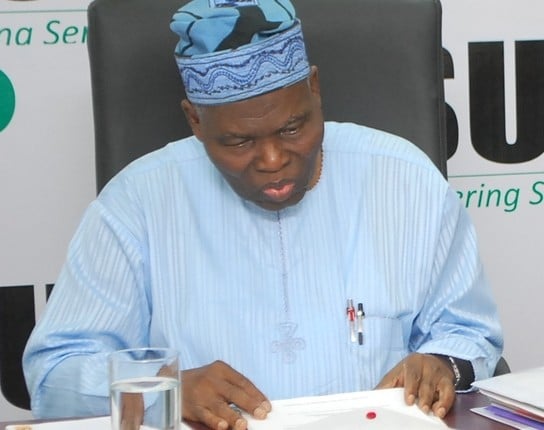
Kolade’s first major step into public life came in broadcasting, where he rose to become director-general of the Nigerian Broadcasting Corporation. In a post-independence Nigeria, when the airwaves were a new frontier for national identity, he championed professionalism, ethics, and truth in public communication. He was in the nation’s broadcasting ecosystem from 1960 to 1978.
Later, in the corporate world, he brought the same moral clarity to Cadbury Nigeria in 1978, where he later served as managing director. At a time when profit often came at the cost of principle, Kolade proved that leadership anchored in integrity could be both effective and respected, demonstrating that business success and ethical governance need not be mutually exclusive.
He retired from the board in 2002.
It was during his time at Cadbury that his path crossed with some of the Spanish founders of the Lagos Business School. After attending a three-day course for chief executives as a student, he was invited to return to the LBS as a teacher. True to form, he accepted not just a new role but a return to his first love, teaching.
Advertisement
He was part of the faculty of the Lagos Business School as a lecturer in corporate governance, leadership, and human resource management from 1995 to 2002.
“Teaching has always been part of me — this thing of sharing knowledge with people and watching their eyes light up with something,” he said.
That spark, the joy of lighting up minds, remained with him throughout his life. Even when he was no longer in classrooms, he never stopped mentoring, guiding, and inspiring.
He also, at one time, served as chairman of the board of directors of SystemSpecs, a financial technology and software company.
Advertisement
DIPLOMAT WITH A MORAL COMPASS
However, perhaps Kolade’s most defining role came when he was called upon in 2002 to serve as Nigeria’s high commissioner to the United Kingdom. Just four weeks before his 69th birthday, and at a point when he had begun nursing thoughts of retirement, Kolade was once again called to serve. In that diplomatic post, he bore not only the official title of envoy but also the unofficial burden of restoring trust and dignity to Nigeria’s image abroad, and he did it with grace, restraint, and the same moral compass that had guided him throughout his life.
Advertisement
“I had difficulty deciding whether to go or not. I knew I was going to be successful in it if I did not allow myself to deviate from what He (God) wanted,” he said.
When he assumed the role, one of his early changes was to reform the passport renewal process at the high commission. What used to take over 15 months was streamlined into a same-day service — a rare example of public sector efficiency.
Advertisement
“When you do well, when you give good service to people, they show appreciation. Isn’t that the thing that makes your life pleasant?” He once told his staff after receiving a heartfelt commendation from a man who had his wife’s passport renewed in a single day.
A MAN WHO TOOK RESPONSIBILITY — AND LOVED IT
Advertisement
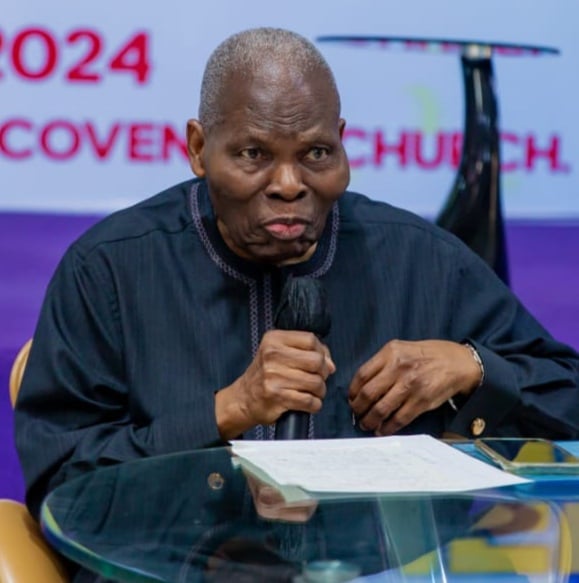
Kolade credited his parents for shaping his values. Growing up in a home where daily family devotion bookended each day, he cultivated a deep relationship with God. His faith was not merely private; it was the root from which all his public values grew. The Bible, he often said, was the book that had influenced him the most.
From his parents, he also learned something else that would define his leadership style — the art of taking responsibility.
“They were the ones who even showed me what life was all about — how to take responsibility and how to be responsible as you take responsibility,” he once said.
Reminiscing on his days as a diplomat, Kolade said the thing he loved most about the role was that he got to take responsibility.
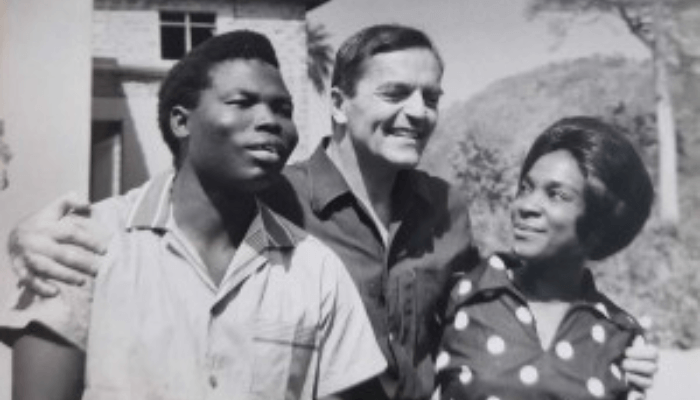
“I was the head of the mission; therefore, I could take responsibility for what happened in the mission. It is a beautiful position to be in; it is not an easy position to be in,” he said.
“For me, it is important that I take responsibility and I become accountable for that which I do, and that was why my time as high commissioner was very good.”
From wanting to just be an education officer, Kolade’s life turned out to be a series of callings: broadcaster, diplomat, educator, boardroom reformer, businessman, and mentor. In each, he left an indelible mark.
“God gave me an eagerness to learn, so the learning part of me was very prominent. And I believe that that was God’s gift to me, as He wanted to take me through all of these situations,” he said when asked how he was able to fit into and excel in these roles even without prior experience or lobbying for them.
Kolade died on October 8 at the age of 92.

